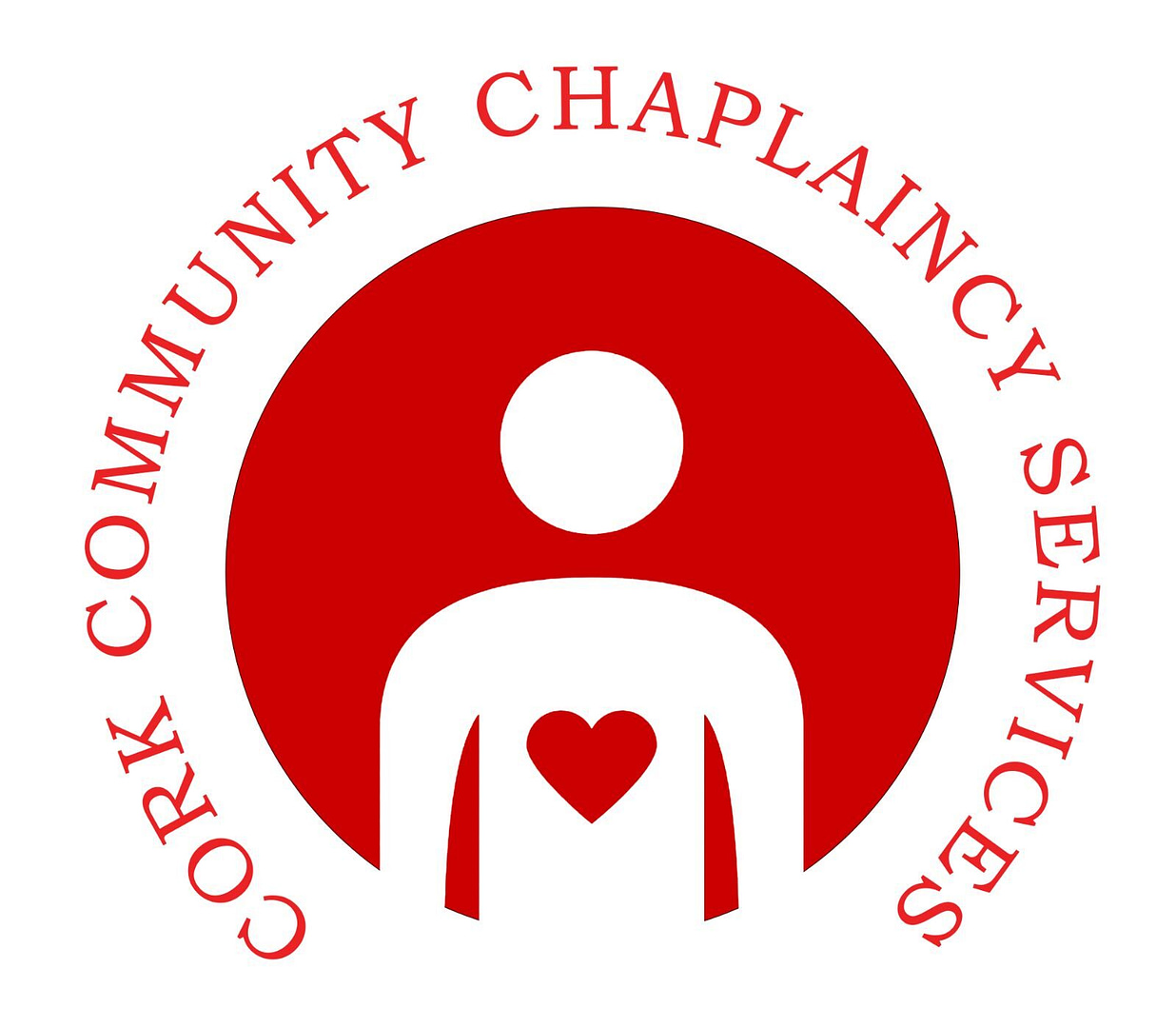
About Us
CCCS Values
To engage in meaningful conversations about professional, spiritual, or personal issues all parties involved must feel safe.
Spiritual care professionals engaged in community life must behave in a trustworthy manner. We must act honestly and responsibly individually, as members of CCCS, and as partners with other organisations and individuals in the community.
We view relationships between and among members of the larger community as being important to personal and communal strength, support, and growth.
We seek to engage others as partners in the provision of spiritual care to better address their challenges, joys, and needs.
For these reasons, CCCS and its members adhere to the following Code of Conduct.
CCCS Code of Conduct
Dignity and Respect
CCCS is sensitive to spiritual, religious, existential, cultural, ethnic, racial, sexual-orientation and other expressions of diversity.
We affirm in word and action the dignity and value of each member of the community to which they belong.
We act with integrity, sensitivity and understanding.
We develop and maintain our knowledge, skills and capabilities to practise safely, ethically, competently and legally.
We ensure that we are fit to practice and that those in our care are not at risk of harm because of our conduct, performance or health.
We are honest and accurate in representing our professional affiliations, qualifications, and experience, and do not make unjustifiable claims about our competence.
We are careful to distinguish between pastoral/spiritual care and psychotheraputic counselling and we ensure that those in our care understand the type of support we are offering.
We refrain from encouraging those in our care to give, lend or bequeath money or gifts which will be of a direct or indirect benefit, or put pressure on those in our care to make donations.
We understand the power differential in pastoral relationships and its possible effects. In light of that, we:
- Declare any conflicts of interest that may compromise our impartiality or the interests of those in our care.
- Do not display sexualised behaviour towards those in our care.
- Do not behave in ways which exploit, manipulate, intimidate or which cause distress, pain or harm;
- Do not impose our values, beliefs or practices on those in your care; or fail to respect their beliefs, values or spiritual interests.
Confidentiality
Confidentiality is an expression of trust that enables people to talk about personal and private concerns relevant to their spiritual health and wellbeing. Spiritual and religious care cannot be provided without access to and the use of personal and confidential information At CCCS, we agree, collectively and individually, to respect other persons’ right to privacy and confidentiality. Once private information is shared, standards of confidentiality apply. In particular we:
- Establish the boundaries of confidentiality with those in our care and respect as far as possible the limitations of disclosure that an individual can reasonably expect or request.
- Anonymise personal information to protect the identify of individuals when discussing cases in supervision or spiritual direction.
- We respect the right of individuals to control access to their own personal information and to limit its disclosure.
- Treat information about those in your care as confidential and use it only for the purposes for which it was given.
- Guard against breaches of confidentiality at all times by protecting information from improper disclosure.
- Ensure that confidential information is not disclosed to a third party unless there is a clear justification which may include:
- The valid consent of the individual.
- Where there is a risk of serious harm.
- For the prevention, detection or prosecution of a serious crime.
- When there is statutory reporting obligation (i.e. mandated person).
- When required by an order of a court or other public body that has jurisdiction.
Working with Colleagues
At CCCS, we show respect for our internal and external colleagues and their qualifications, views, and professional obligations. When we participate in multi-discipline teams, we work in a collaborative and co‐operative manner and communicate effectively with them within the limits of confidentiality. We challenge colleagues whom we have reason to consider have behaved unethically or in contravention of professional standards and are prepared to bring our concerns to those to whom they are accountable.
Inclusiveness and Diversity
CCCS strives to demonstrate respect for the spiritual, religious, existential, and cultural values of other clients, service users, and colleagues. We not not seek to impose our own personal values and beliefs on each other, our partnering organisations, their staff/volunteers, and their service users. Proselytising is strictly prohibited. CCCS demonstrates awareness and sensitivity to differences among people and cultural groups. This includes, but is not limited to: race, ethnicity, national origin, colour, sex, sexual identify, gender identity or expression, age, marital status, political belief, religious, spiritual, existential or no belief system, immigration status, mental or physical disability, and social indicators such as literacy, homelessness, incarceration, or income level. We respect the autonomy of those in our care including their freedom to make decisions contrary to our collective and individual beliefs, practices or advice.
Best Practices
CCCS strives to be informed by professional education, knowledge, training, and demonstration of competence. We always operate within that scope of practice and continually develop and enhance our professional expertise. We support evidence based models of chaplaincy and strive for continuous quality improvement (CQI). We are honest and accurate in representing our professional affiliations, qualifications, and experience, and we do not make unjustifiable claims about our competence. We clearly distinguish between pastoral care and formal counselling and ensure that those in are care understand the type of support we are offering.
